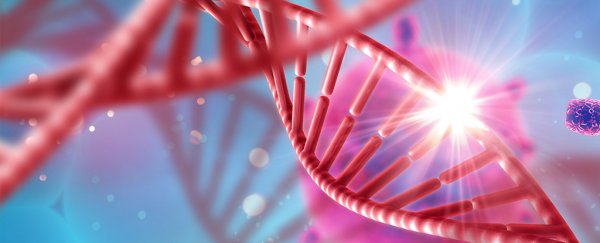Epigenetics is the study of the changes that happen to the expression of genes without modifying the actual sequences within the gene.
Epigenetic changes interfere with the usual function of a DNA sequence, such as by preventing it from being transcribed or by exposing it when it would typically be hidden - essentially controlling if and how a gene works in the organism.
In most cases, epigenetic changes involve the addition of a methyl group (one carbon joined to three hydrogens) to the DNA structure; a change to a protein called a histone that keeps the DNA wrapped up tight; or use of non-coding RNA fragments to change the reading of a gene.
What epigenetic changes do
Epigenetic changes are increasingly associated with environmental conditions, being triggered by external factors such as toxins and pollutants, or effects of lifestyle, stress or malnutrition.
That means lifestyle factors can have a long term impact on genes, influencing their expression not just later in life but potentially transferring the gene's control settings to future generations through affected sex cells.
All topic-based articles are determined by fact checkers to be correct and relevant at the time of publishing. Text and images may be altered, removed, or added to as an editorial decision to keep information current.
